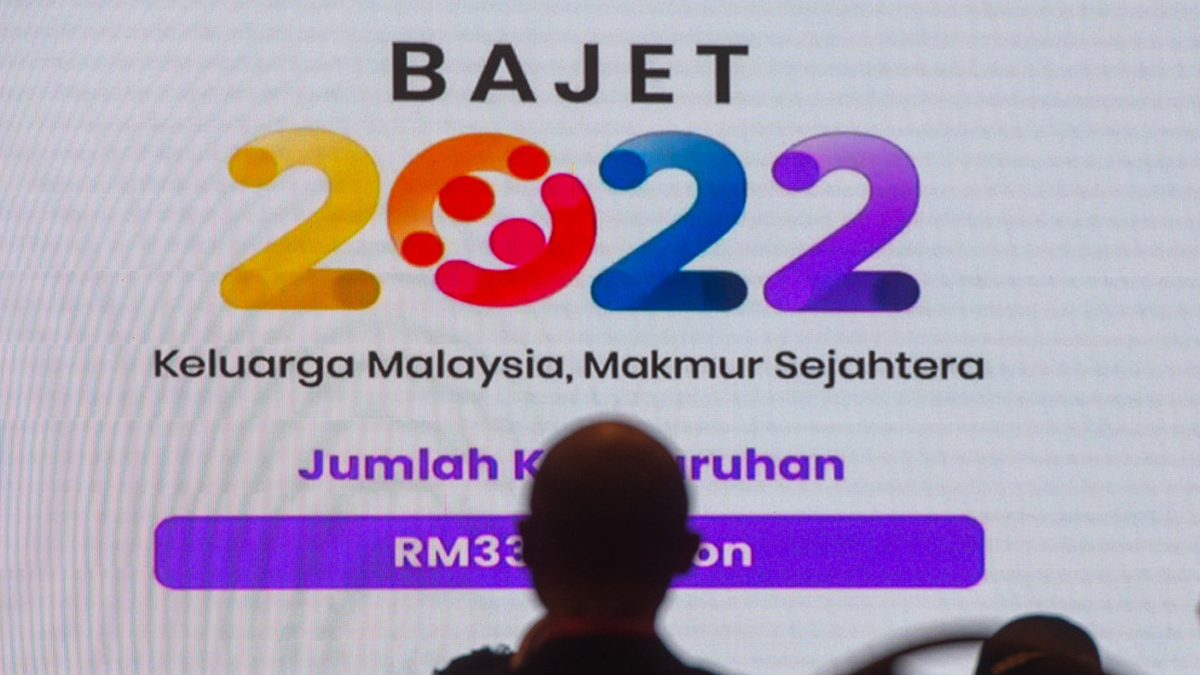MALAYSIAN equities are seen to be in a lacklustre mode of late when the benchmark FBMKLCI index has been below the psychological level of 1500 points.
One might argue that the prosperity tax (“Cukai Makmur”) might be the main reason why the stock market took such a beating as listed corporate earnings would be affected by the one-off taxation.
Understandably, equity valuation would need to be adjusted lower in order to take into account the possible downgrade in earnings growth momentum.
Such argument may have its merit in particular when the tax would likely be impacted on three key industries namely the manufacturing, banks and utilities.
Having said that, the argument can be too simplistic.
For one, the global environment looks increasingly hostile on equity investment as the US Federal Reserve is on the verge of raising their Federal Fund Rate fairly soon.
Already, the Fed has started to trim their asset purchases programme from USD120 billion per month to US$105 bil in November. A further US$90 bil cut in asset purchases will commence in December and thereafter.
This simply means that the amount of liquidity that will be injected by the Fed will be reduced.
Consequently, the 10-year US Treasury yields have gone up from 1.45% on Nov 5 to as high as 1.67% on Nov 23, 2021.
The 22 basis points increase in yields reflect the possible tightness in the monetary condition going forward.
From the discounted cash flows point of view, higher interest rates would mean stock prices would need to be adjusted lower.
Therefore, this could really explain why the equity prices are prone to decline given the changes in the discount rate.
In the grand scheme of things, the Government is walking a tightrope.
On the one hand, there is a need to pump prime the economy in order to safeguard the livelihood of fellow Malaysians.
In this respect, the fiscal policy would need to remain expansionary with a view to provide the right boost to economic activities.
On the other hand, the Government would also need to be mindful of fiscal discipline. Credit Rating Agencies (CRAs) in particular, assess the creditworthiness of a country by assigning a rating to indicate the riskiness of its issued debt papers, like bonds or Sukuk.

This gives investors insights into the level of risk – including any political risk – associated with investing in the country’s debt. Countries also obtain a sovereign credit rating to attract foreign direct investment.
If we could recall, the Fitch Rating has downgraded the government of Malaysian sovereign rating by one notch i.e. from A- to BBB+ on Dec 4, 2020.
Fortunately, there was no financial catastrophe as ringgit versus the US dollar has been fairly resilient while the domestic liquidity condition has remained more than ample to lubricate the economy.
The other two CRAs – namely the S&P and Moody’s Investors Service (Moody’s) – have maintained their ratings.
The S&P has kept the sovereign rating unchanged at A- with a negative outlook. This would mean the odds of a rating downgrade is quite at elevated levels within the 12-month period.
Moody’s, on the contrary, has been fairly benign in their credit assessment with the prevailing rating standing at A3 with a stable outlook.
Thus far, the foreign ownership in the Malaysian Government Securities (MGS) has remained steady at around 40.6% for the first 10 months of 2021 against last year’s average of 38.7%.
This means that foreign investors have remained comfortable with the Malaysian government credit.
This is because 97% of the Government’s borrowings are denominated in ringgit.
Therefore, the default risks are extremely low as the government could always raise debt financing with a diverse group of domestic institutional investors, ensuring that demand for government securities remains intact.
Additionally, the Government will also start levying tax on income from foreign sources, as announced during the tabling of Budget 2022.
This is credit positive as the government is expanding its tax revenue base.
All these are considered as favourable and reflected in the foreign fund flows in the equities market whereby foreign investors have been the net buyers from August to November although the volume is still uneven.
Collectively, what all these means is that Malaysia still offers good prospects for investments given its pro-business policies, decent infrastructure and social stability.
Frankly speaking, the current economic landscape remains challenging, as COVID-19 continues to exert pressure on economic activities, not only in Malaysia, but also in other countries around the world.
Despite the challenges, particularly on the fiscal front, various indicators show that Malaysia is likely to meet its target of a 6% fiscal deficit in 2022, as well as our growth projections of between 5.5% to 6.5% during the same year.
This is premised on the expectation that our fiscal deficit will gradually narrow as a result of the promising economic recovery.
Some even have forecasted growth for 2022 that is more optimistic than the Finance Ministry (MOF) and Bank Negara’s official figures.
And, as previously mentioned, this will be supported by the new tax measures announced in Budget 2022, which have the potential to increase revenue above the Government’s current forecast.
They have also highlighted Malaysia’s access to a large domestic investor base, as well as our ability to access domestic financing without the need for external financing.
As such, my take is that Malaysia’s present fiscal position should be looked at pragmatically and from the big picture perspective to help us to make a fair judgment and along the way, spot the right investment opportunities. – Dec 14, 2021
Dr Mohd Afzanizam Abdul Rashid is Chief Economist at Bank Islam Malaysia Berhad.
The views expressed are solely of the author and do not necessarily reflect those of Focus Malaysia.









